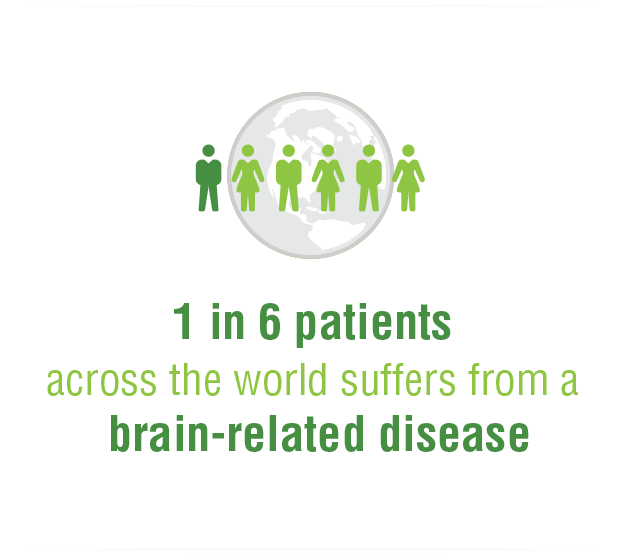The Brain Is One Of The Most Complex – And Most Fascinating – Organs In The Human Body, And One That Can Be Impacted By Countless Diseases And Disorders.
In fact, one in six patients across the world suffers from a brain-related disease.
At a recent event, Dr. Eric Siemers, neurologist and Distinguished Medical Fellow at Eli Lilly and Company discussed the complexities of the brain through the lens of his work, specifically treating Alzheimer’s disease and other neurodegenerative diseases.



